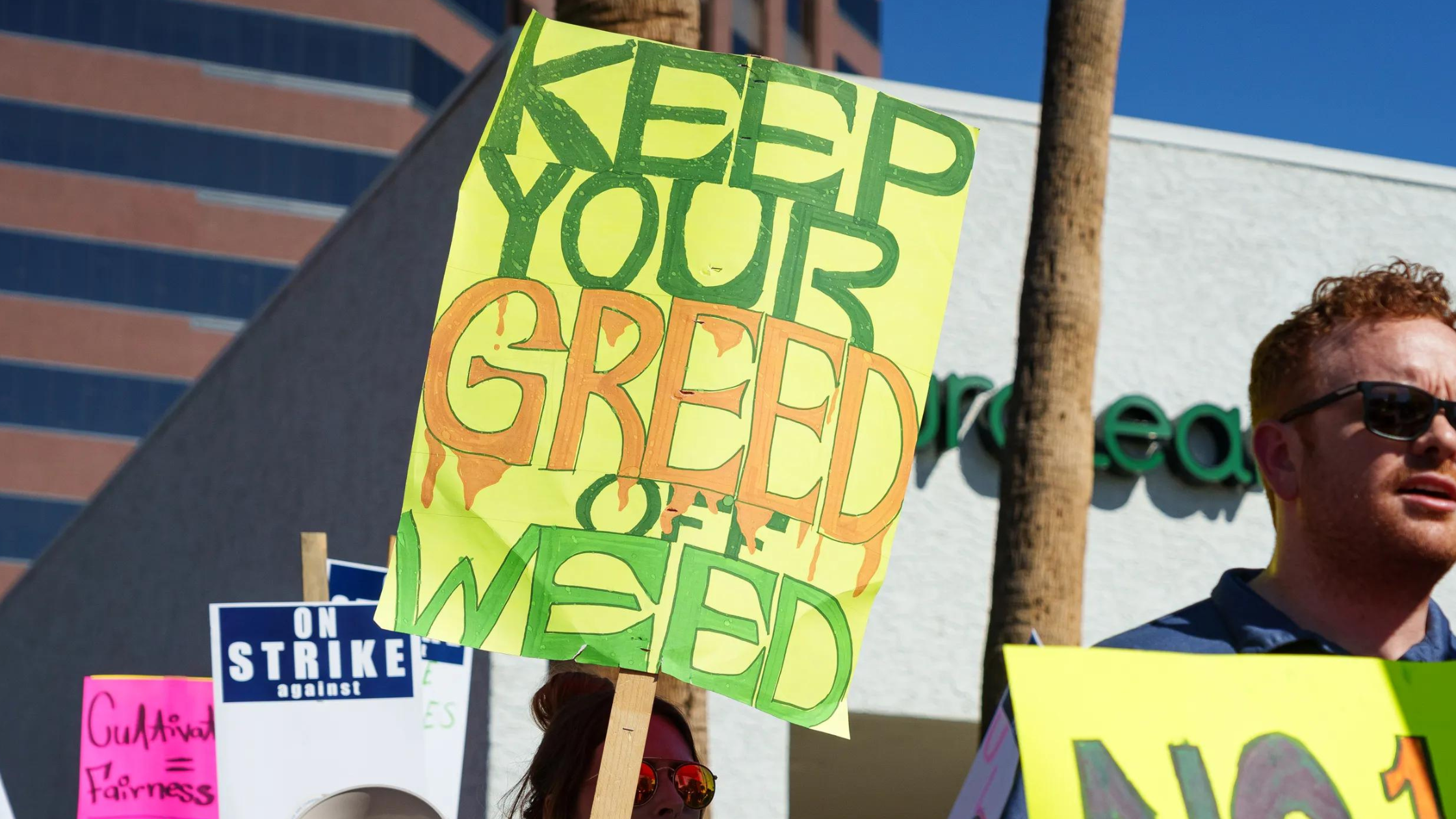At WJ Media Group, we’ve always been at the forefront of advocating for social justice and equity, particularly in sectors where historical injustices have left deep scars. The legalization of recreational cannabis in New Jersey in 2021, marked by the launch of New Jersey’s Social Equity Program, was a beacon of hope for many. It promised to prioritize individuals from Economically Disadvantaged Communities and those with past cannabis-related offenses, aiming to repair and uplift those most harmed by previous legislation. Yet, three years into legalization, our observations and analyses at WJ Media Group reveal a disheartening reality: the program designed to feed the hungry is, instead, feeding the rich.
Despite the high hopes pinned on New Jersey’s Social Equity Program, Social Equity Applicants find themselves ensnared in a quagmire of legal and bureaucratic challenges. These hurdles make it exceedingly difficult to get their ventures off the ground. Meanwhile, a surge in adult-use retail dispensaries, overwhelmingly backed by Multi-State Operators (MSOs) and large financial conglomerates, paints a starkly contrasting picture. The disparity between the program’s objectives and the on-the-ground realities raises critical questions about the effectiveness of the program’s implementation and its true beneficiaries.
Consider the case of a dispensary that opened its doors in September 2023, owned by an individual previously celebrated for generating over $200 million in revenue from one of the largest cell phone distribution networks in the Tri-State area in 2006. Another example is a dispensary claiming minority (women) ownership, gearing up to celebrate its first anniversary. Before entering the cannabis space, this entity thrived in the retirement home industry, with earnings exceeding $38 million. These examples illustrate how the landscape intended to foster social equity is being dominated by entities with deep pockets and no historical ties to the cannabis community or the social equity goals of the program.
The phenomenon of entities masquerading as “independent” and “minority-owned” businesses, while lacking genuine connections to the communities they claim to represent, undermines the very foundation of New Jersey’s Social Equity Program. This, coupled with the overwhelming presence of MSOs and big money interests, effectively sidelines true social equity applicants. It creates an environment where financial might, rather than equity and justice, dictates success.
As WJ Media Group delves deeper into this issue, we’re compelled to call for a critical reevaluation of New Jersey’s Social Equity Program. It’s clear that the noble intentions behind the program are being eclipsed by a reality where economic disparities are not only perpetuated but exacerbated. The current trajectory threatens to betray the trust and hopes of those the program aimed to empower, turning a potential tool for social justice into yet another avenue for economic consolidation by the already wealthy.
The time for action is now. New Jersey must recommit to the principles of social equity, ensuring that the program lives up to its promise. This requires transparent oversight, stringent regulations to curb the influence of big money, and a genuine commitment to leveling the playing field for all applicants. At WJ Media Group, we believe in the power of cannabis legalization to bring about positive social change—but only if it’s underpinned by true equity and justice. We stand ready to support and amplify the voices of those fighting for a fair and just cannabis industry in New Jersey and beyond.



